Our Traceability Journey Continues: Expanding to Australia
A key cotton-producing country with a strong track record of innovation and sustainability in agriculture, Australia is the latest step in our traceability journey.
Read moreA key cotton-producing country with a strong track record of innovation and sustainability in agriculture, Australia is the latest step in our traceability journey.
Read moreIn its inaugural meeting, the Multistakeholder Dialogue brought together different sectors to share experiences and challenges to improve sustainability in cotton production.
Read more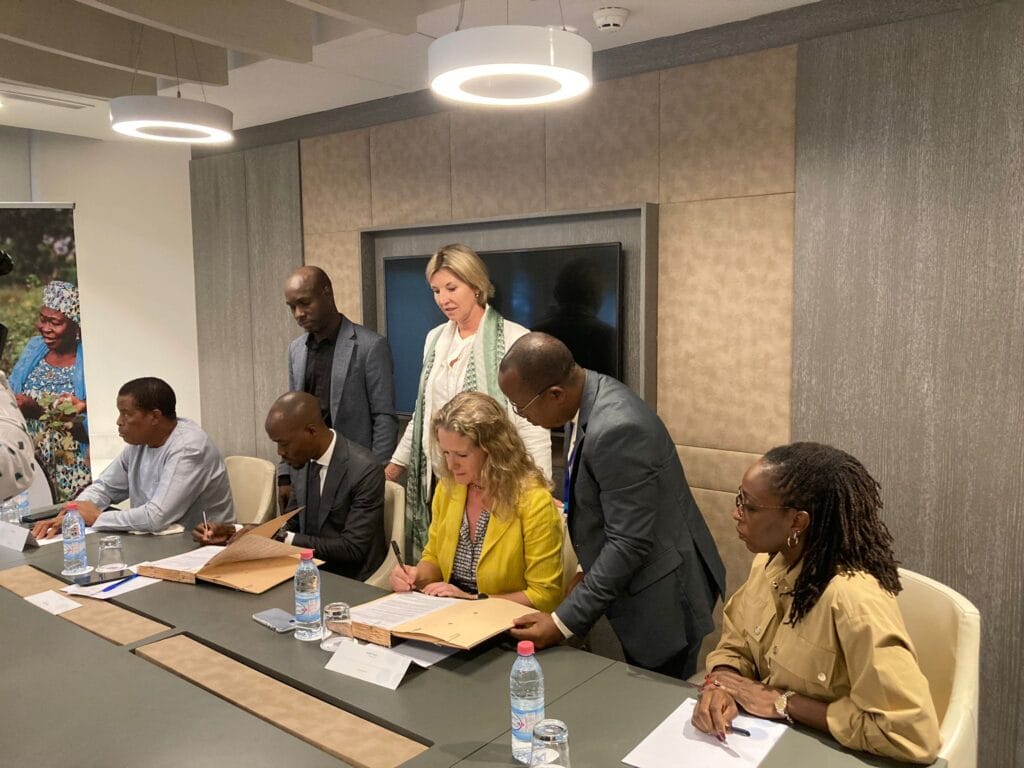
Better Cotton has launched a new programme in Benin to support the production of more sustainable cotton in West Africa.
The programme will aim to engage more than 200,000 smallholder cotton farmers in order to embed sustainable farming practices, improve livelihoods and help them adapt to the effects of climate change.
As Better Cotton’s presence across Africa continues to grow, so too does the movement towards more sustainable cotton production. There is incredible appetite for change on the continent and we’ll work with partners new and old to leverage that.
The Interprofessional Cotton Association of Benin (AIC) will serve as a Strategic Partner for the Better Cotton Programme. The AIC manages both farming and cotton ginning bodies and more broadly facilitates relations with the sector’s stakeholders across Benin.
As Strategic Partner, the AIC will lead the establishment and implementation of an impactful Better Cotton Programme and help drive engagement with the country’s farming communities and other stakeholders.
The start of a Better Cotton Programme in Benin is a matter of national initiative supported by the entire cotton sector and managed by the Interprofessional Cotton Association. The implementation of this programme will help our valiant producers strengthen their resilience by introducing more sustainable production practices.
The agreement was formalised at a multistakeholder meeting in Cotonou, Benin, on 8 October where both organisations met to discuss the opportunities and challenges in cotton farming and agriculture more broadly.
Benin is Africa’s second largest cotton producing country after Mali. In the 2022/23 season, it produced more than 580,000 metric tonnes (MT) of cotton, according to government figures.
Better Cotton operates programmes across Africa in Mozambique, Egypt, Mali and Côte d’Ivoire.
Read more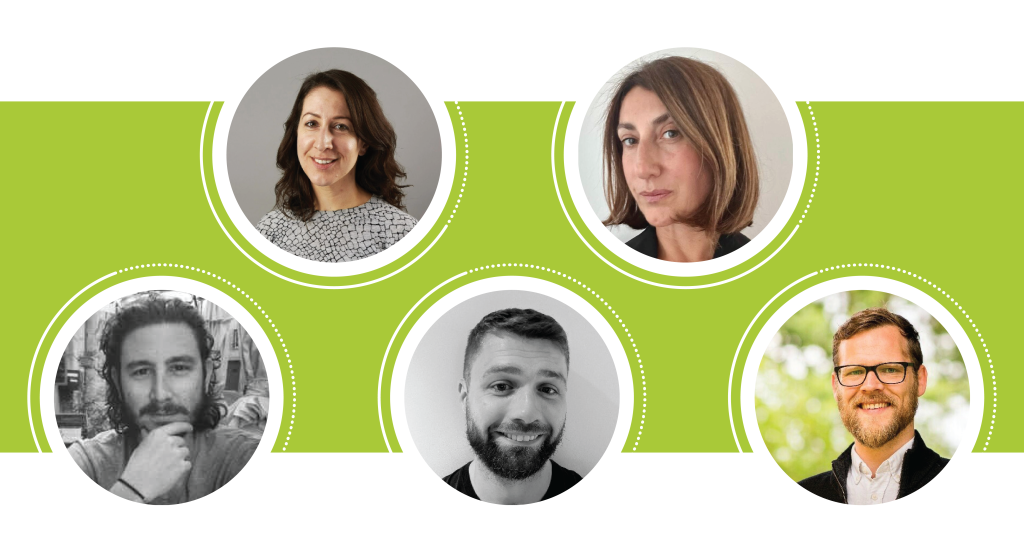
Better Cotton will this week participate in a panel discussion at the World Trade Organization’s Public Forum focusing on the topic of traceability within fashion and textile supply chains.
The session, titled: ‘Traceability as the Key Enabler for Improving the Sustainability of Cotton Value Chains’ will take place 15 September at the Centre William Rappard, in Geneva, Switzerland.
Jacky Broomhead, Senior Traceability Manager at Better Cotton, will moderate the discussion and will be joined by a panel including Maria Teresa Pisani, Officer-in-Charge of the United Nation’s Economic Commission for Europe’s (UNECE) Trade Facilitation Section; Gregory Sampson, Solutions Architect at the International Trade Centre (ITC); Jeremy Thimm, Organic Production Specialist at the Global Organic Textile Standard (GOTS); and Josh Taylor, Traceability Manager at Better Cotton.
Traceability will be discussed in the context of how it could benefit fashion and textile supply chains facing tightening due diligence legislation, in addition to investor pressure and changing consumer expectations around sustainability.
After two years of development, Better Cotton will this year launch its own traceability solution, capable of providing supply chain visibility for industry stakeholders. With this, cotton will be fed through new Chain of Custody models that monitor the flow of product throughout the value chain.
By logging transactions between stakeholders, fashion retailers and brands that purchase Better Cotton through its traceability solution will have oversight of their cotton’s country of origin, in addition to the proportion of Better Cotton in their products.
“This week’s Public Forum is a great opportunity to have an open discussion on the benefits and ramifications of supply chain traceability. Progress requiring the adoption of new technologies can run the risk of favouring large and developed organisations. We’re keen to collaborate with our peers to ensure these developments are scalable and inclusive for the benefit of the entire textile industry.”
Traceability will connect farmers to the supply chain and form the foundation for an Impact Marketplace Better Cotton is developing, through which farmers would be rewarded for their transition to more sustainable farming.
The panel discussion will explore the opportunity traceability holds to drive more sustainable cotton supply chains, the importance of alignment when scaling such solutions, and the need for accessible and inclusive approaches.
Read more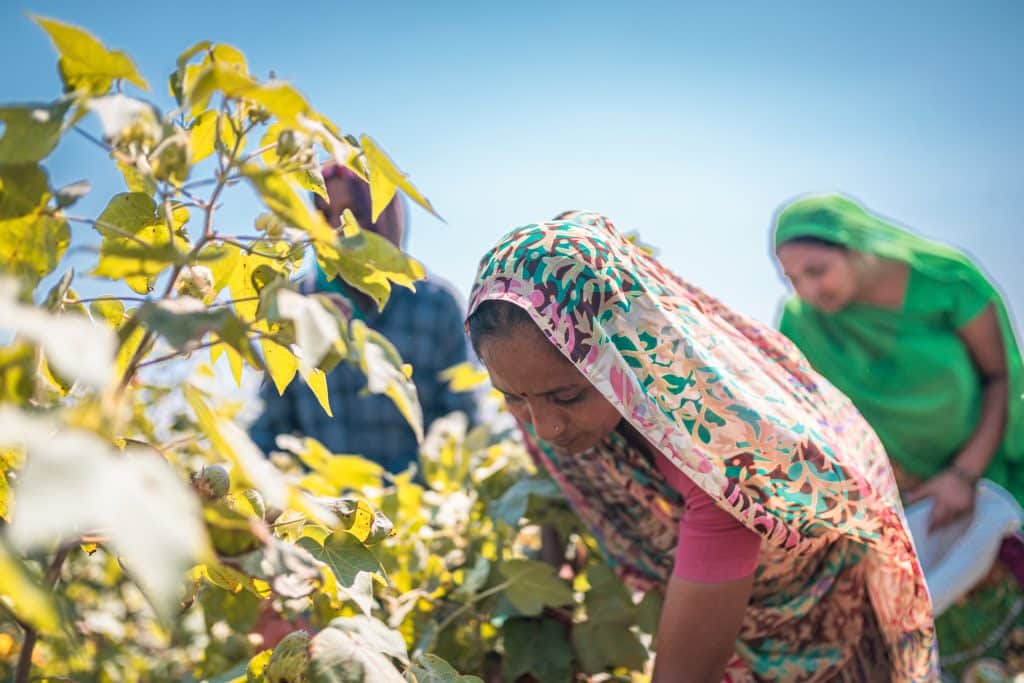

Millions of women around the world dedicate their lives to cotton production, and yet their representation and contributions aren’t fairly reflected within the sector’s hierarchies.
It’s with this in mind that Better Cotton recently launched its 2030 Impact Target for Women’s Empowerment. Over the coming years, we aim to reach one million women in cotton with programmes and resources that promote equal farm decision-making, build climate resilience, or support improved livelihoods. What’s more, we commit to ensuring that 25% of field staff are women with the power to influence sustainable cotton production.
To achieve this, we’ll collaborate closely with leading organisations to create the environment for field-level change. Here, we speak to Nisha Onta, Regional Coordinator for Asia at WOCAN, to understand the topic’s complexities and obstacles preventing women from advancing their careers in cotton. Nisha is amongst four keynote speakers at this year’s Better Cotton Conference, taking place in Amsterdam from June 21.
There are a lot of research findings which show that the major barrier for women to access training are time poverty, access to information and restrictions on mobility.
Time poverty simply means there is just not enough free time in the lives of women to add more training to their schedule. It is called the ‘triple burden’ of women. Women are responsible for productive, reproduction and communal roles. Therefore, in order to make sure we want to invite more women to train, organisers will have to provide childcare facilities, the timing of the training has to be reasonable for them and the training should address the triple burden so it is not adding to their already packed schedule of responsibilities.
Access to information is also critical, there are many instances that women are simply not aware of the availability of training or resources. Therefore, the usual mode of communication, such as sending training schedules to local representatives and news in the media might not reach the women we are trying to train. Perhaps using local women cooperatives and other mediums that are accessible to women could increase their participation.
Mobility issues can be due to cultural issues or simply the issue of infrastructure. If the training is scheduled for the evening but local safe transport is not available, for example. In some communities, women may not be allowed to travel to participate in trainings, then the organisers will have to use different strategies to convince the head of the households to give permission for the women to attend.
Ensuring that there’s capacity for women to participate in decision-making is critical to increasing their representation. If the system is not designed to include women in leadership positions, no matter how much training is available, they’ll never have equal opportunities. Therefore, a systematic rethink is required to create the space for women to participate and influence the cotton sector they contribute so much to.
Organisations like Better Cotton can be catalysts to advance gender equality in the cotton sector. Better Cotton’s vast network touches millions of farmers around the world and this infrastructure will be important to driving changes at the field-level. Better Cotton’s Women’s Empowerment Impact Target will serve an important purpose to the sector if we’re to see women afforded the chances that have historically been set aside for men.
There needs to be the space for women to voice their opinion and influence the sector’s development through decision-making positions. There has to be more direct resources such as trainings, credit and grants for women led business. These changes will inspire and impact future generations across agriculture and may also encourage the creation of more women-led businesses in the cotton value chain.
Read more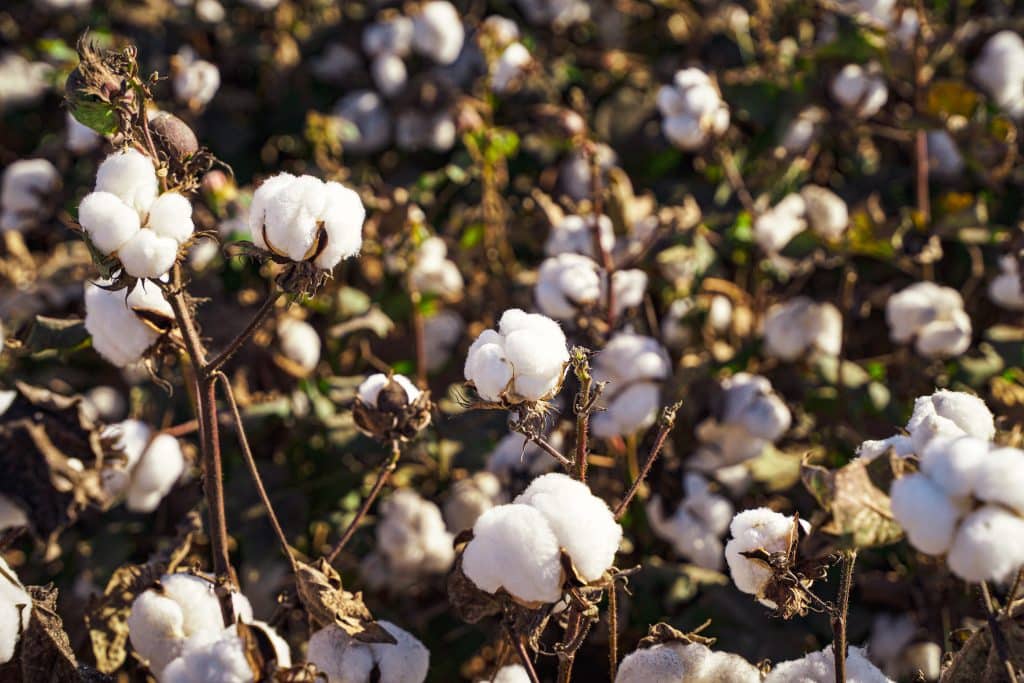

Ninety-nine percent of the world’s cotton farmers are smallholders. And whilst production capacities per farmer may be small, together, they represent the bedrock of an entire industry, enabling its global reach.
With the launch of our recent 2030 Impact Target to promote Sustainable Livelihoods, we’re committed to increasing the net income and resilience of two million cotton farmers and workers.
It’s a bold ambition and one we won’t be able to reach without the support of a vast network of partners. In this Q&A, we hear from Better Cotton Council member and Solidaridad’s Senior Policy Director for Sustainable Fashion, Tamar Hoek, about the complexity of this topic and the role Better Cotton can play in supporting smallholders.
We are glad that Better Cotton decided to include net income and resilience for farmers as one of its targets. The livelihoods of farmers and farm workers depend on the price that is paid for the cotton but also on how capable the farmer is of dealing with uncertainties in production. For Solidaridad, the topic of living income has been high on our agenda for years. With the scale that Better Cotton brings, this new target can potentially lead to a higher income for a lot of farmers around the world, which is the first step towards a living income. The target will hopefully lead to appropriate tools for increasing net income, greater awareness in the value chain, best practices and income benchmarks that are needed to eventually scale the improvements.
With the scale that Better Cotton brings, this new target can potentially lead to a higher income for a lot of farmers around the world, which is the first step towards a living income.
First of all, increasing a net income should give the farmer the opportunity to improve their livelihood, the situation of his/her family and to save for unexpected situations. Then, improvements can allow for payment of better wages and working conditions, the purchase of health and safety equipment, and perhaps investment into more sustainable pesticides and fertilisers. We all know that the price that is paid for cotton is not enough for all of these investments, both socially and environmentally. Therefore, the increase of the price – and with that the net income – is a start that will allow for a lot of improvements that are needed for more sustainable production. (Editor’s note: While Better Cotton strives for the collective improvement of sustainable livelihoods, our programmes have no direct influence over pricing or commercial activities)
Hopefully, Better Cotton will join forces with other organisations in the industry to scale the impact of the target and collectively come to a living income demand for all cotton farmers in the world. Better Cotton will need to lobby with policymakers, local governments and other stakeholders in the value chain to make sure that the right enabling environment is in place to get rid of systemic issues. Addressing structural poverty is ambitious but that will not happen overnight with just raising the net income of a group of farmers and looking at their resilience. It eventually needs a whole value chain to change and, for that, Better Cotton needs to work collaboratively.
Read more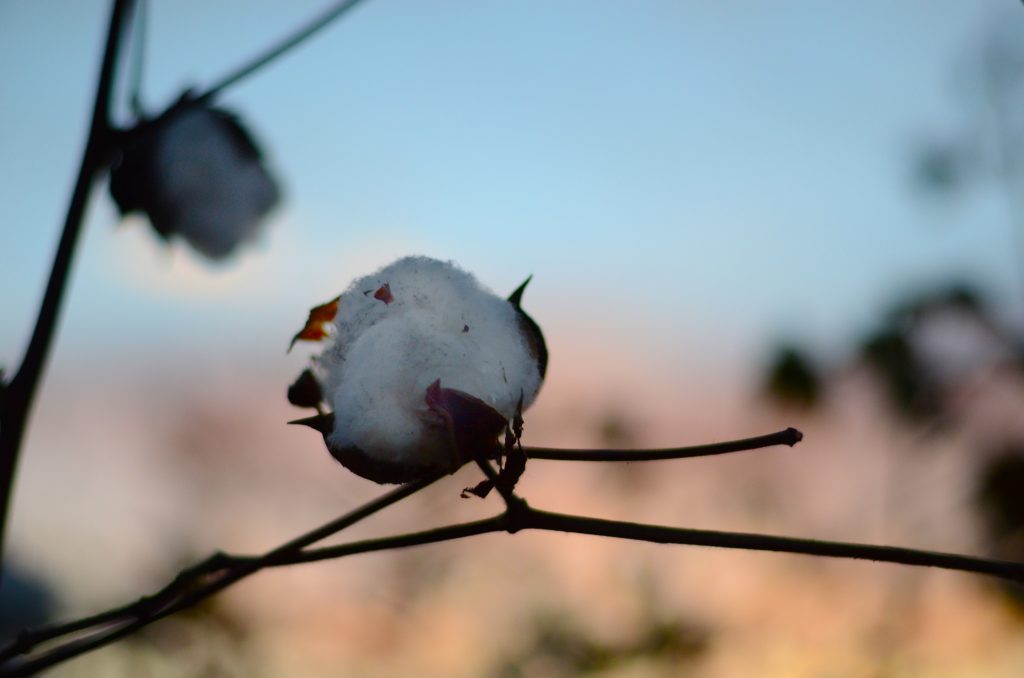
By Alan McClay, CEO of Better Cotton

Better Cotton made significant strides in 2022 towards our vision of a world where more sustainable cotton is the norm. From the unveiling of our new and improved reporting model to a record 410 new members joining in one year, we prioritised on-the-ground change and data-driven solutions. The development of our traceability system entered a new phase with the stage set for pilots to commence, and we secured funding of over 1 million EUR to continue our work for traceable Better Cotton.
We have continued this momentum into 2023, kicking the year off with our Programme Partner Meeting in Phuket, Thailand under the twin themes of climate change and smallholder livelihoods. Our commitment to knowledge sharing continued as we collaborated with ABRAPA, the Brazilian Association of Cotton Producers, to organise an Integrated Pest Management workshop in Brazil in February, with the aim of sharing research and innovative initiatives regarding the control of pests and diseases in the cotton crop. We are committed to supporting all efforts to reduce pesticide use.
As we approach the end of the first quarter of 2023, we’ve been taking stock of the current sustainability landscape and mapping out how we can best use our resources and expertise at Better Cotton to address the challenges and opportunities on the horizon.
2023 is an important year for sustainability as a growing set of regulations and legislation are being implemented around the world. From the EU Strategy for Sustainable and Circular Textiles to the European Commission’s initiative on substantiating green claims, consumers and lawmakers have wised up to ambiguous sustainability claims like ‘zero emissions’ or ‘eco-friendly’ and are taking steps to make sure claims are verified. At Better Cotton, we welcome any legislation that supports a green and just transition and recognises all progress on impact including at field level.
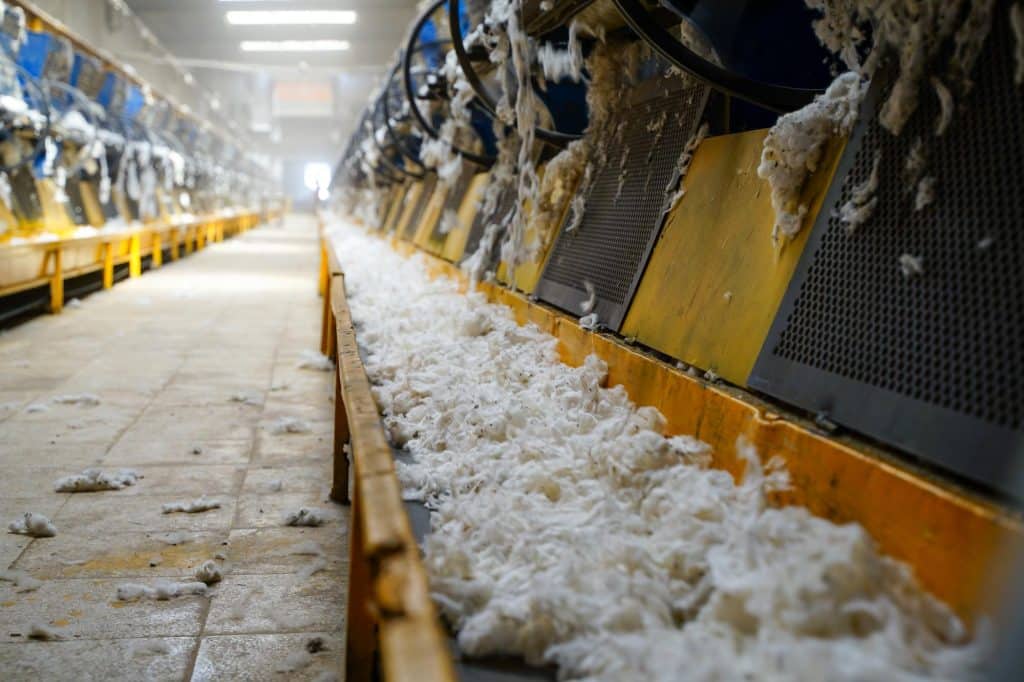
In late-2023, following our supply chain mapping efforts, we will begin to roll out Better Cotton’s global traceability system. The system includes three new Chain of Custody models to physically track Better Cotton, an enhanced digital platform to record these movements, and a new claims framework which will give members access to a new Better Cotton ‘content mark’ for their products.
Our commitment to traceability will ensure Better Cotton Farmers, and particularly smallholders, can continue to access increasingly regulated markets, and we will drive significant growth in the volume of traceable Better Cotton. Over the coming years, we plan to create additional benefits for Better Cotton Farmers including local investment by providing direct connections with retailers, brands, and customers.
In line with growing calls for evidence on sustainability claims, the European Commission has also issued new rules on corporate sustainability reporting. Most notably, the Corporate Sustainability Reporting Directive came into force on 5 January 2023. This new directive introduces stronger reporting rules for companies operating in the EU and pushes for greater standardisation in reporting methodologies.
After more than 18 months of work, we announced a new and improved approach to our external reporting model at the end of 2022. This new model tracks progress over a multi-year timeframe and integrates new farm performance indicators aligned with the Delta Framework. In 2023, we will continue to share updates on this new approach in our Data & Impact blog series.
During the first half of 2023, we will also be launching the remaining four Impact Targets connected to our 2030 Strategy, focused onpesticide use (as mentioned above), women’s empowerment, soil health and smallholder livelihoods. These four new Impact Targets join our climate change mitigation target to complete our plan to make cotton better for the farmers who produce it and for all those who have a stake in the future of the sector, as well as for the environment. These progressive new metrics will allow better measurement and drive change across five key areas to ensure greater lasting economic, environmental and social benefits at the farm level for cotton-growing communities.
For the last two years, we have been revising the Better Cotton Principles and Criteria, which lay out the global definition of Better Cotton. As part of this revision, we are going further to integrate key components of regenerative agriculture, including core regenerative practices such as maximising crop diversity and soil cover while minimising soil disturbance, as well as adding a new principle on improving livelihoods.
We are nearing the end of our review process; on 7 February 2023, the draft P&C v.3.0 was officially approved for adoption by the Better Cotton Council. The new and improved Principles and Criteria are expected to be launched in the first half of 2023, followed by a transition year, and will come into full effect in the 2024-25 cotton season.
Last but not least, in 2023 we are looking forward to once again convening industry stakeholders at the 2023 Better Cotton Conference. This year’s conference will take place in Amsterdam (and virtually) on 21 and 22 June, exploring the most salient issues and opportunities in sustainable cotton production, building on some of the topics which we’ve discussed above. We are excited to gather our community and welcome as many of our stakeholders as possible at the conference. We hope to see you there.
Read more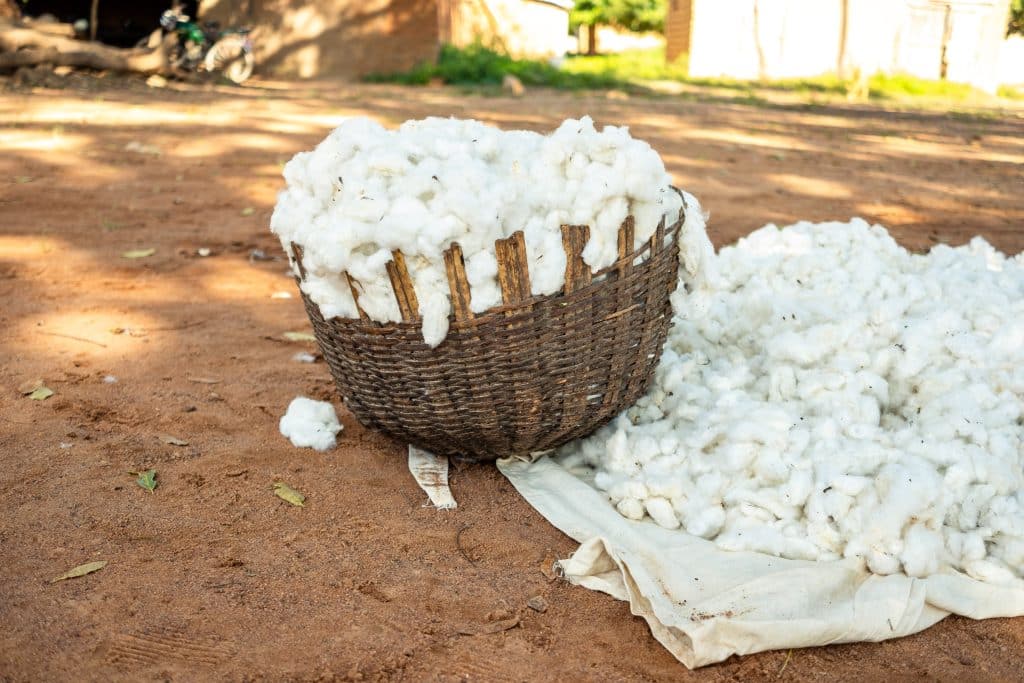
Despite a challenging economic environment, Better Cotton saw a significant increase in support in 2022 as it welcomed 410 new members, a record for Better Cotton. Today, Better Cotton is proud to count more than 2,500 members representing the entire cotton sector as part of our community.
74 of the 410 new members are Retailer and Brand Members, who play a vital role in creating demand for more sustainable cotton. The new Retailer and Brand Members come from 22 countries – such as Poland, Greece, South Korea, Thailand, the United Arab Emirates and more – highlighting the organisation’s global reach and the demand for change across the cotton sector. In 2022, the Better Cotton sourced by 307 Retailer and Brand Members represented 10.5% of world cotton, demonstrating the relevance of the Better Cotton approach to systemic change.
We are delighted to have 410 new members joining Better Cotton during 2022, showing recognition of the importance of Better Cotton’s approach to achieving transformation in the sector. These new members demonstrate their support for our efforts and commitment to our mission.
Members fall within five key categories: civil society, producer organisations, suppliers and manufacturers, retailers and brands and associate members. No matter the category, members are aligned on the benefits of sustainable farming and are committed to the Better Cotton vision of a world where more sustainable cotton is the norm and farming communities thrive.
Below, read what a few of these new members think about joining Better Cotton:

Through our social purpose platform, Mission Every One, Macy’s, Inc. is committed to creating a more equitable and sustainable future for all. Better Cotton’s mission of promoting better standards and practices within the cotton industry is integral to our goal of achieving 100% preferred materials in our private brands by 2030.

JCPenney is firmly committed to providing high-quality, affordable and responsibly sourced products for our customers. As a proud member of Better Cotton, we hope to drive industry-wide sustainable practices that improve lives and livelihoods around the world and further our mission of serving America’s diverse, working families. Our partnership with Better Cotton will better enable us to meet our customers’ expectations and deliver on our sustainable fiber goals.

Joining Better Cotton was important to Officeworks to promote responsible sourcing and help transform the global cotton industry, both from a human rights and an environmental perspective. As part of our People and Planet Positive 2025 commitments, we are committed to sourcing goods and services in more sustainable and responsible ways, including sourcing 100% of our cotton as Better Cotton, organic cotton, Australian cotton or recycled cotton for our Officeworks private label products by 2025.

As part of our All Blue sustainability strategy, we aim to expand our sustainable product collection and reduce our greenhouse gas emissions. At Mavi, we prioritise not harming nature during production and ensuring that all of our All Blue design choices are sustainable. Our Better Cotton membership will help to raise awareness among our customers and within our own ecosystem. Better Cotton, with its social and environmental benefits, is included in Mavi’s definition of sustainable cotton and supports Mavi’s sustainability goals.
Learn more about Better Cotton Membership.
Interested in becoming a member? Apply on our website or get in touch with our team at [email protected].
Read more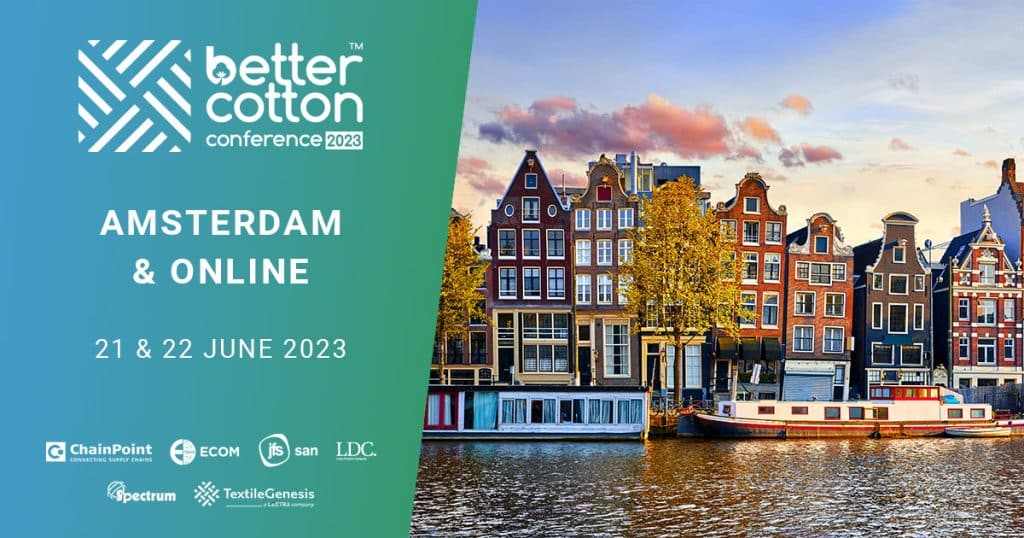
We are pleased to announce that registration for the 2023 Better Cotton Conference is now open!
The conference will be hosted in a hybrid format with both virtual and in-person options for you to choose from. Join us as we bring the global cotton community together once again.
Date: 21-22 June 2023
Location: Felix Meritis, Amsterdam, Netherlands or join us online
Register now and take advantage of our exclusive early-bird ticket prices.
Attendees will have the opportunity to connect with industry leaders and experts to explore the most salient issues in sustainable cotton production such as climate change adaptation and mitigation, traceability, livelihoods and regenerative agriculture.
In addition, we’re delighted to host a Welcome Reception in the evening of Tuesday 20 June and a Conference Networking Dinner on Wednesday 21 June.
Don’t wait – early bird registration ends on Wednesday 15 March. Register now and be a part of the 2023 Better Cotton Conference. We look forward to seeing you there!
For more details, please visit the Better Cotton Conference website.
Thank you to all of our 2023 Better Cotton Conference sponsors!
We have a number of sponsorship opportunities available, from supporting cotton farmers’ travel to the event, to sponsoring the conference dinner.
Please contact Events Manager Annie Ashwell at [email protected] to find out more.
